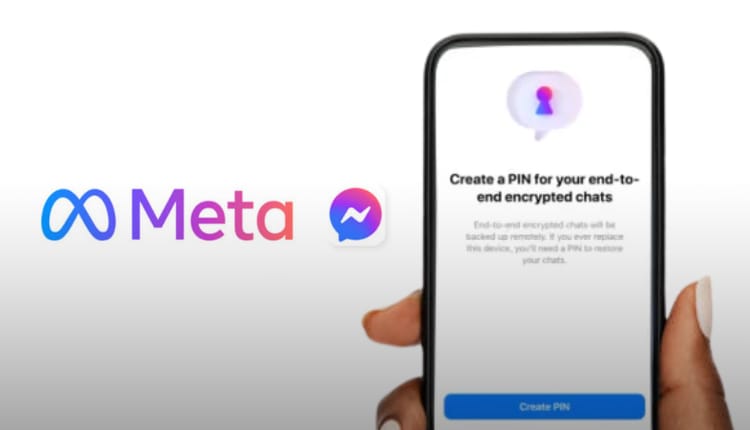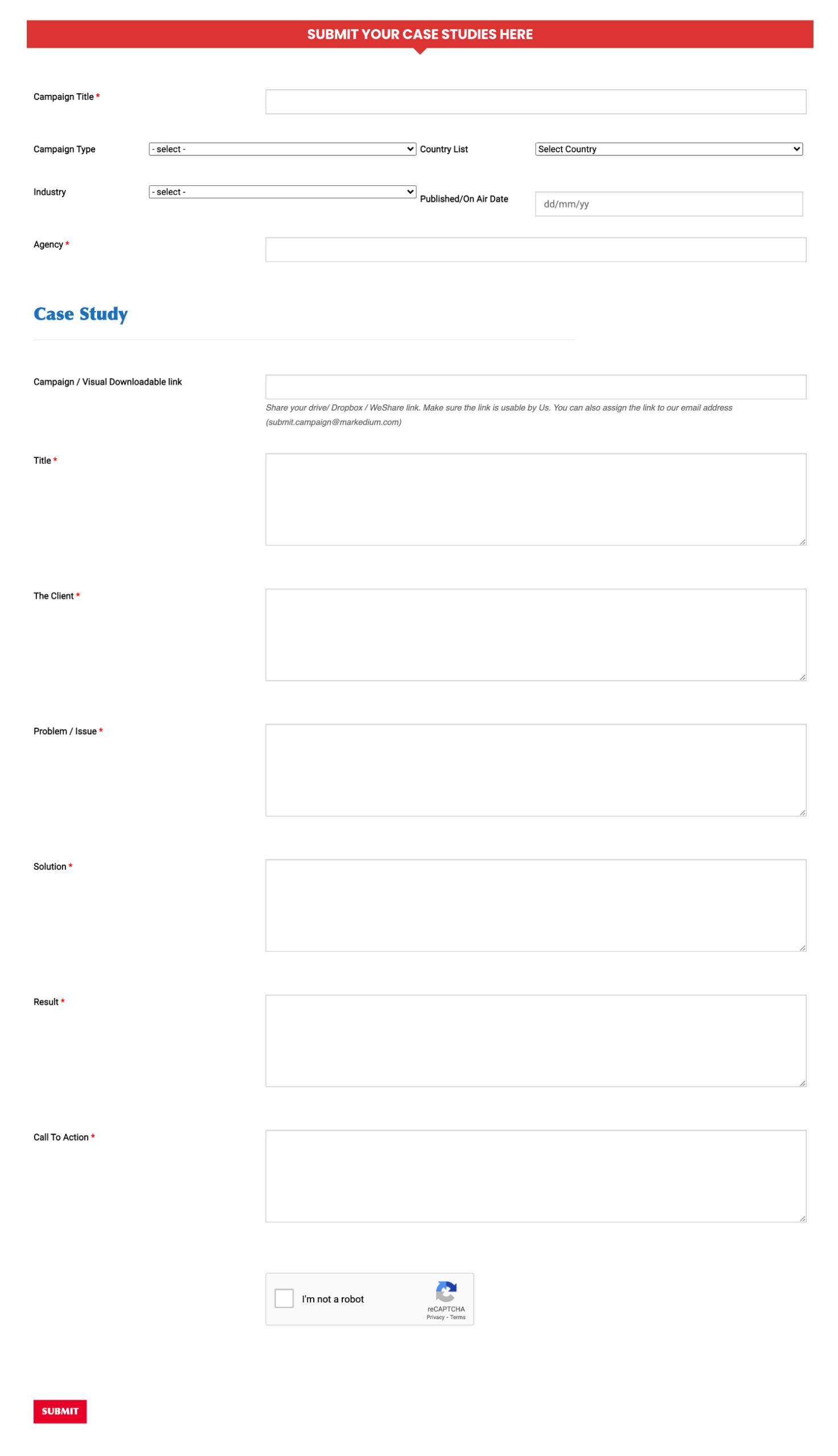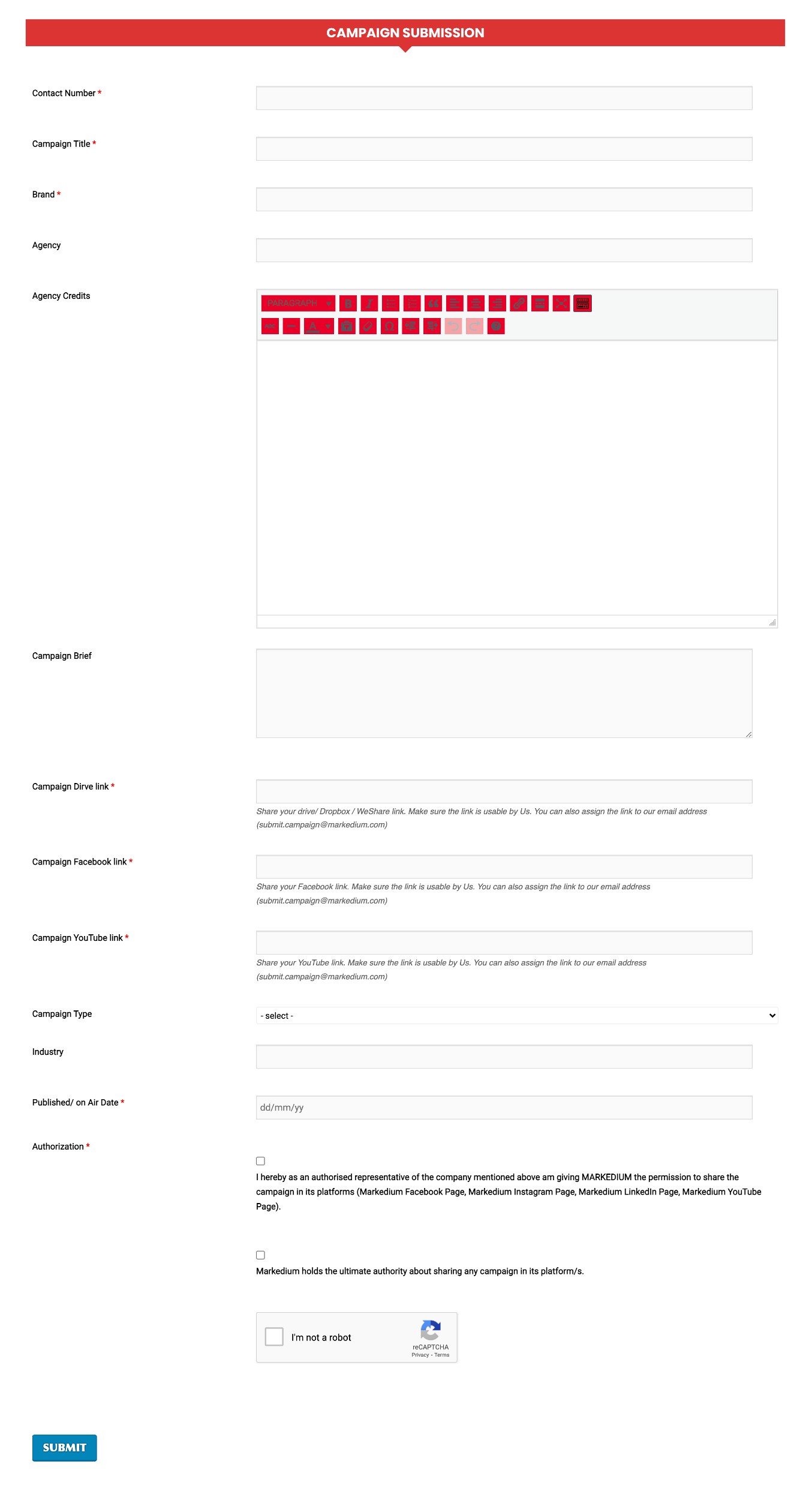
Meta Implements End-to-End Encryption in Messenger Following Five-Year Development Effort2 min read
Meta has announced the successful rollout of end-to-end encryption (E2E) as the default setting in its Messenger app. This significant move comes after an extensive five-year effort, marked by regulatory challenges and a comprehensive rebuild of the application, placing stronger privacy measures at its core.
Reportedly, Meta’s Chief, Adam Mosseri, explained that the integration of E2E encryption provides an additional layer of security, ensuring that the content of messages and calls remains protected from the moment it leaves the sender’s device until it reaches the receiver’s device. Mosseri emphasized that neither Meta nor any other entity can access the content, reinforcing user confidence in the privacy of their conversations.
Reportedly, this strategic update aligns Messenger more closely with Meta’s broader plan to integrate messaging tools, ultimately simplifying cross-app communication. The company envisions the development of a unified inbox encompassing Messenger, WhatsApp, and IG Direct chats, accessible seamlessly across all services.
Despite the positive strides, Meta’s encryption journey has not been without challenges. Recent decisions, such as removing the option for cross-app chats between Facebook and Instagram, have raised questions about the company’s strategy. Meta’s aim to align Messenger and Instagram Direct with Facebook and IG might be influenced by new E.U. regulations or preparation for the encryption rollout.
The move towards E2E encryption also raises concerns, particularly from regulatory bodies and security officials. Former U.K. Home Affairs Secretary Priti Patel has voiced worries about the potential limitations on law enforcement’s ability to combat criminal activities, particularly child abuse. Meta acknowledges these concerns but asserts that the shift towards encryption is crucial for user data protection. The company cites instances of fighting unlawful data demands and emphasizes the growing awareness that limiting access to user data reduces vulnerabilities.
In addition to encryption, The Wall Street Journal reported that Meta introduces features to Messenger that bring it in line with WhatsApp’s functionality. Users can now edit messages within 15 minutes of sending, and disappearing messages will last for 24 hours. Improved read receipt controls, enhanced visual display options, and variable playback speeds for audio messages are also part of the update.
The encryption debate remains a central theme in the tech industry, with advocates emphasizing the need for user privacy and safety, while critics raise concerns about potential misuse. Meta’s proactive move towards E2E encryption signals a commitment to addressing these concerns and refining its platform’s capabilities. The ongoing dialogue between technology companies, regulators, and security experts will likely shape the future landscape of encrypted communication.
For more updates, follow Markedium


